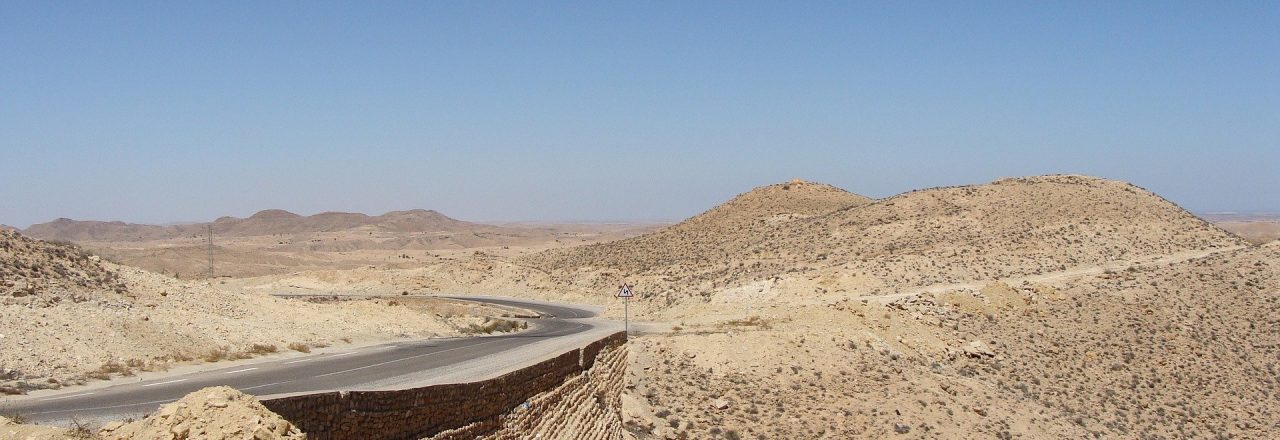
Call for Researchers for the Joint Study Group 2021 on Algeria, Morocco, Tunisia: A Comparative Perspective on Maghreb Countries Migration Cooperation with their West African Neighbours
As part of the project EuroMeSCo: Connecting the Dots, co-funded by the European Union and the European Institute of the Mediterranean (IEMed), we are opening calls for researchers to take part in five different Joint Study Groups.
The EuroMeSCo Joint Study Groups 2021 will be made up of four Authors, including a Coordinator, who will jointly produce a Policy Study over a period of 6-7 months. Interested researchers may apply as Author or as Author and Coordinator to each Joint Study Group. In both cases, they will have to complete the online form and submit their application by 25 June (included).
Here is a brief description of the rationale of this Joint Study Group:
Algeria, Morocco, Tunisia: A Comparative Perspective on Maghreb Countries Migration Cooperation with their West African Neighbours
From the onset of the Rabat Process in 2006, the EU and its member states have taken part in the regional dialogue on migration governance with West African countries. In the New Pact on Migration and Asylum put forward by the European Commission in 2020, the EU stresses the importance of working with its international partners and building on progress made at regional level. Over the years Algeria, Morocco and Tunisia have progressively turned from being countries of origin of migration into transit and destination countries for people coming from sub-Saharan Africa prominently, thus turning into key actors of migration governance. The COVID-19-related mobility restrictions and several border closures have amplified this trend as, many have had to interrupt their journey to Europe and stay in North African countries. This situation has in turn unveiled rampant challenges related to migrant integration.
This EuroMeSCo Policy Study should offer a comparative perspective of the cooperation dynamics at play for the three countries with their West African partners in the field of migration governance. Based on field work involving regional stakeholders such as the African Union and the ECOWAS, it should inform on the remaining gaps of research on this topic and look closely at issues such as border management cooperation between Maghreb countries and their Western African neighbours, the state of play of migrant workers’ rights and conditions in Maghreb countries, integration of West African diasporas in these host countries and the impacts on the countries of origin. It should examine the extent of regional cooperation in migration policies and how the EU can contribute to these regional dynamics, particularly through trilateral cooperation schemes on migration involving Maghreb and their West African neighbours.
The other four Joint Study Groups will be dealing with the following topics: Artificial Intelligence, Law Enforcement and Security Agencies in the MENA Region: Risks and Opportunities; Assessing the Job Creation Potential of Social Economy in the MENA Region; Anticipating and Mitigating Side-Effects: The Road to a Successful Green Transition in the Euro-Mediterranean Region; and Boosting Social Protection Reforms in the MENA Region. You may apply to more than one Joint Study Group but may eventually only be selected to join one of them.
See the EuroMeSCo Joint Study Groups 2021 Terms of Reference for more information.


